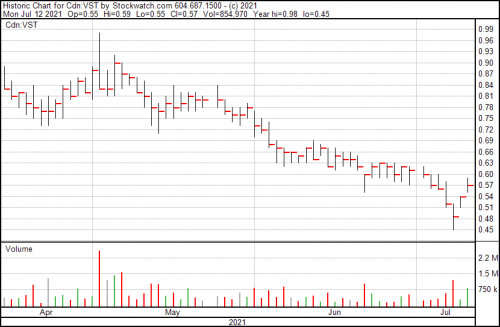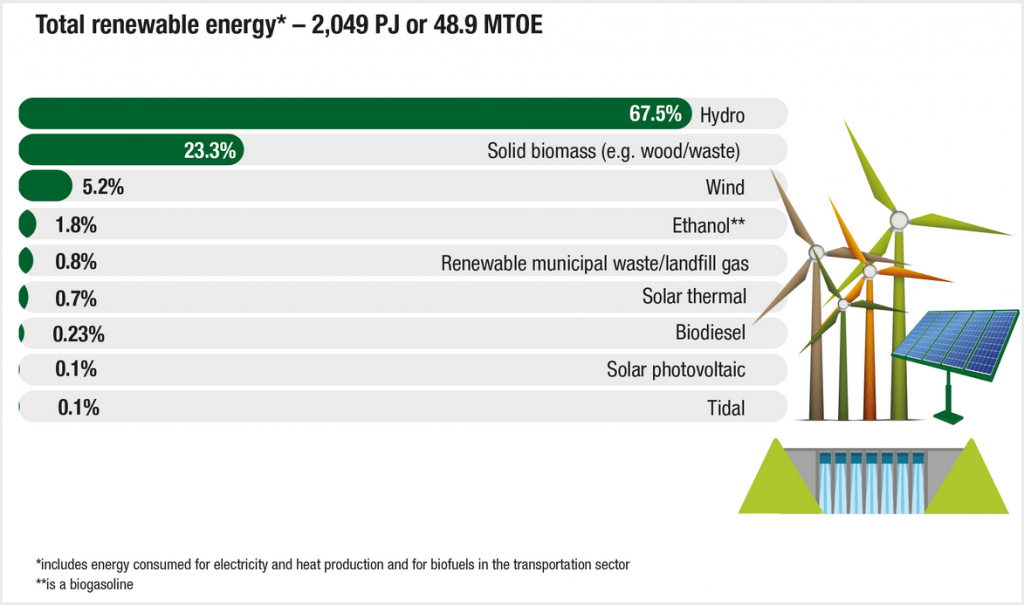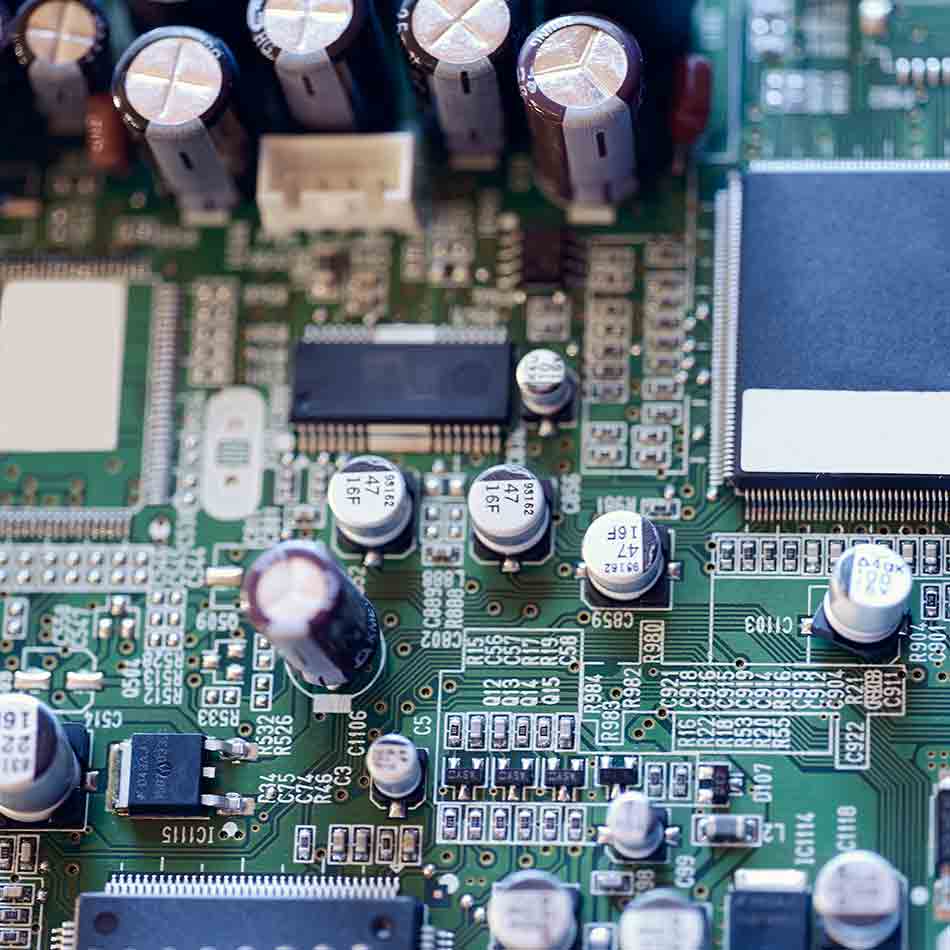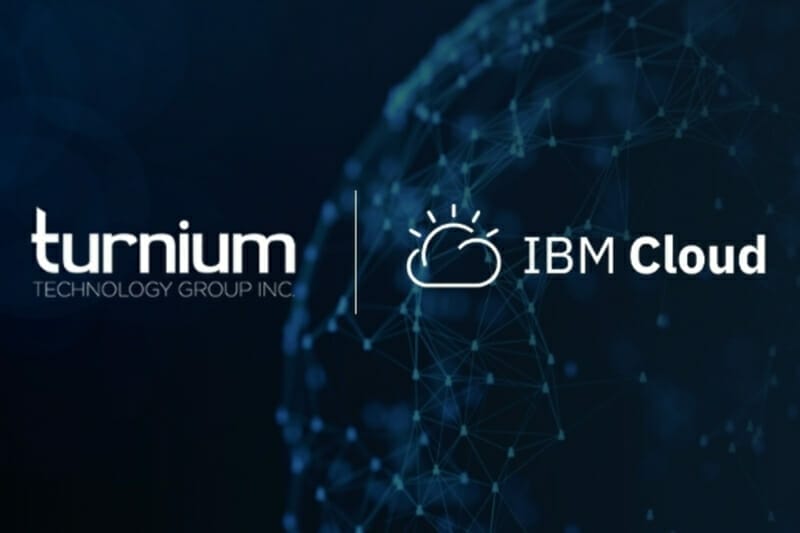If you listen to the devotees of the cult of Al Gore’s inconvenient truth you’ll hear a common narrative begin to unfold: we missed our benchmarks. The earth is warming and we’re to blame. Etc. And a certain fatalist malaise seems to rise from in between the lines that suggests there’s not much we can do now.
Except it’s not exactly like we’re all dead, now is it?
It takes a truly impressive level of obstinate stupidity to be a climate change denier today. Not only do you have to ignore the evidence of scientists (which is easy to do if you’re scientifically illiterate) but you have to ignore the evidence of your own senses. It was 47 degrees Celsius in some places in B.C. earlier this month. It was 42 degrees in Vancouver. Wildfires in other parts of the province, aided by wind currents, send wood-smoke particulates to clog our lungs in downtown Vancouver every August.
But like I said earlier, we’re not dead which means there’s still time. We’ve coming to this party late. Greed has clogged our ears and influenced the narrative surrounding fossil fuels. We’re a civilization glutted on oil and gas and it’s killing us slowly. It’s a common narrative—now a few decades old—and it’s not going away anytime soon. There’s a strong probability that conditions are going to get even worse before we smarten up.
Before we can have any real actionable change and put a halt on the doomsday clock, we need a functional narrative shift in the way we think about sustainable energy. We need to stop listening to idiotic false prophets and start paying attention to the companies doing the work.
Enter Victory Square Technologies (VST.C) subsidiary Stardust Solar, which became the first and only nation-wide Canadian dealer for the solar and energy services provider Sunpower today.
Okay. Great. Except there’s one small little issue:
Solar power isn’t great for the environment
Three issues with solar
It needs a significant amount of energy to produce. Quartz must be processed, cleaned and manufactured with other components, such as aluminum and copper, to produce a single solar module. Heating the quartz during the processing stage needs extremely high heat. Manufacturing requires combining materials to produce high efficiency panels. All of this requires a heavy expenditure in up-front energy. Ironically enough, that means burning fossil fuels.
There’s also issues with producing solar-grade silicon, which typically involves hazardous materials. Depending on what country these are from and the individual manufacturer, they may not be disposed of adequately. Naturally, there’s also the probability of companies pulling a DuPont and doing what they can to cut corners and save cash—and don’t think for a moment that this behaviour is relegated solely to the developing world countries.

Lastly, what happens when solar panels break or are taken apart? It hasn’t become an issue yet, but we’re likely to see it in the coming decades as these panels need to be replaced. At present, solar modules can be disposed of with other e-waste, but countries without e-waste disposal means stand a higher probability of adding yet another environment-damaging angle to the things David Suzuki complains about.
Even though these three things aren’t the best, they’re still better than the constant burning of fossil fuels, and anything that chips away at the dominance of fossil fuels is welcome.
Here are two curious facts:
- Renewable energy sources currently provide about 16% of Canada’s total primary energy supply
- Wind and solar energy are the fastest growing sources of electricity in Canada
Stardust will be able to offer its SunPower solar solutions to residential customers, including SunPower’s DC solar panels and proprietary mounting hardware for easier installation.
The company has been around since 1985 and have added 360,000 homeowners to their roster, powering their homes with SunPower systems. Originally based in California, SunPower is a vertically integrated solar provider. Stardust Solar meanwhile now has eight distribution channels from coast to coast in Canada.
“We are honoured to represent SunPower across Canada. SunPower will be game-changing for our business and for homeowners. Until now, Canadians weren’t afforded many options in their search for solar products, and education around solar power efficiencies, product choices, options and the solar lifestyle savings were minimal at best,” said Mark Tadros, CEO of Stardust.
It doesn’t help that we’re gradually becoming a nation of renters, and the notion of paying tens of thousands of dollars to install solar panels on someone else’s house doesn’t have the strongest appeal. Even for owners, the opportunity costs of time and money better spent elsewhere rather than sourcing and installation are likely a sizable deterrent. The average cost of solar panels on homes is approximately $12,000 to $25,000 fully installed. For businesses, it’s even more expensive, costing approximately $100,000 to $350,000. Your break-even point for energy saved over time becomes far in a distant, unknowable future.
This might change as adoption rates rise, but this technology has been around for decades. You’d think it would have been more widespread adoption by now.
It’s clear that we need to do something about this looming environmental catastrophe. Maybe someone will show up at Elon Musk’s door for the $100 million grand prize after producing a world-saving carbon capture gizmo, but I wouldn’t count on it. Instead, maybe we should give renewable energy some serious thought.

Victory Square shares are up $0.05, and presently trading at $0.57.
—Joseph Morton







